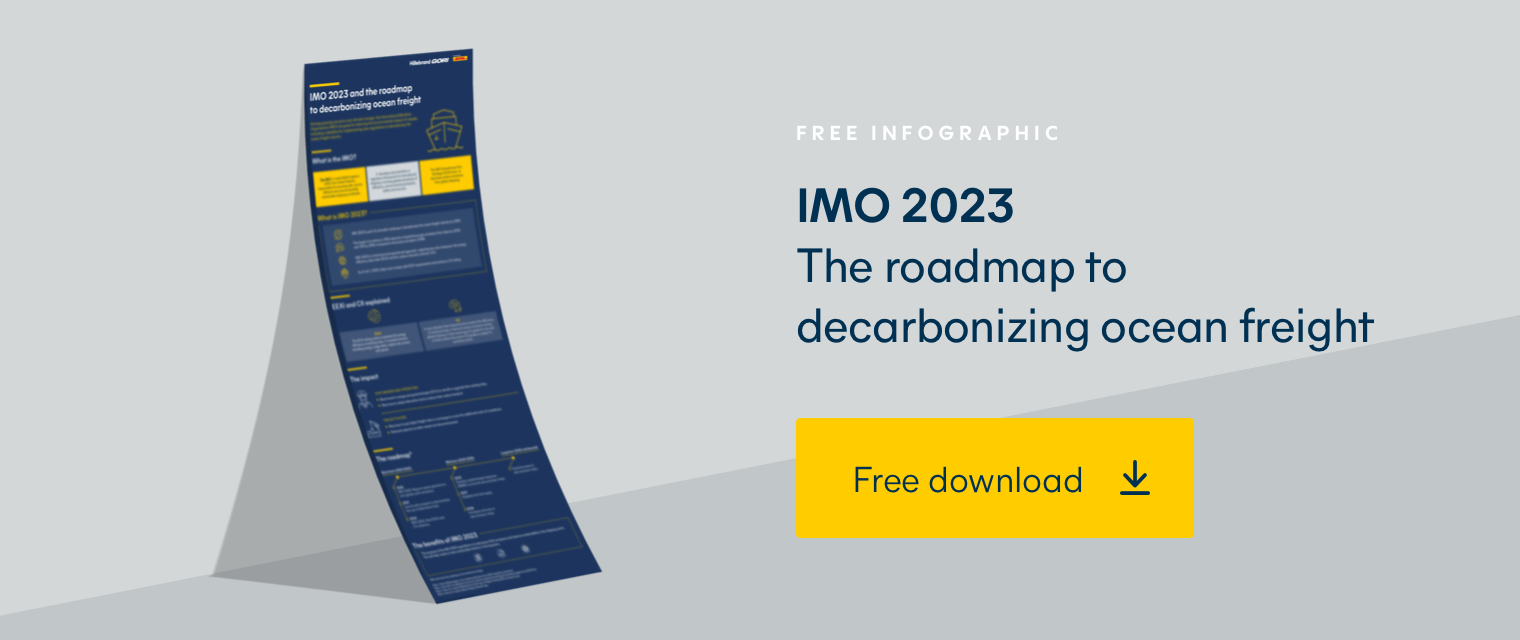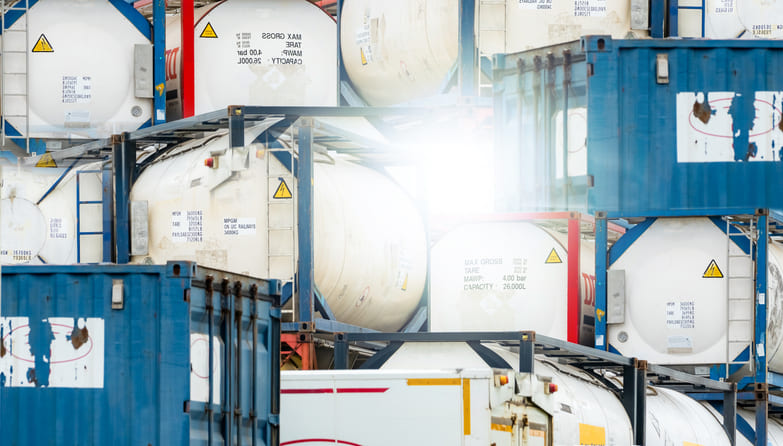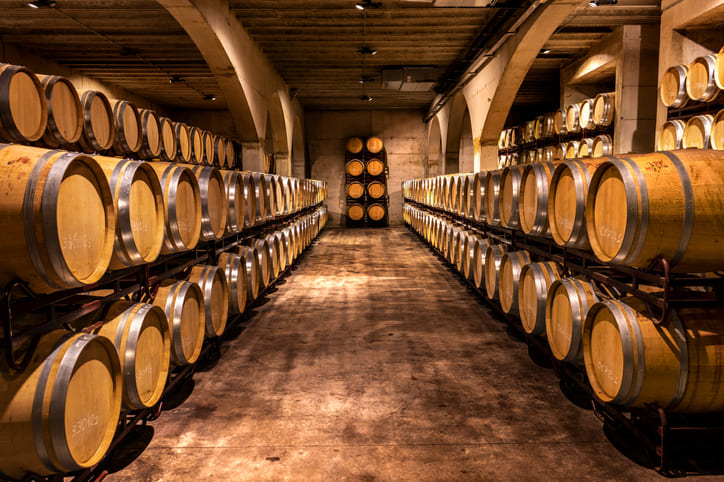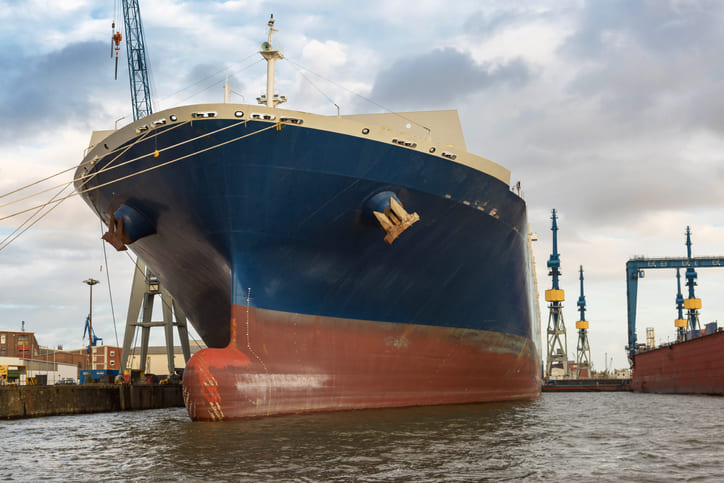Full Truckload Shipping of Wine: What You Need to Know
If you're in the wine business, you know that shipping wine is a delicate and sometimes intricate process.
There are a lot of things that you need to take into consideration to make sure that your beverages arrive safely and in good condition. Whether moving your product from a winery to a buyer or from a distributor to a retailer, it’s good to be aware of the different transport options available to you.
One option worth considering is full truckload (FTL) shipping.
What is Full Truckload Shipping?
Full truckload shipping is when you fill an entire truck with your product.
This is in contrast to less than truckload (LTL) shipping, where you share a truck with other shippers, paying for the amount of space your pallets occupy.
There are several benefits to using FTL shipping for your wine:
Road freight is a convenient and quick way to ship any quantity of wine.
FTL shipping is faster than LTL shipping because its direct to destination, without having to first consolidate pallets from various shippers
When you ship FTL, you have more control over your product and how it's handled.
If you have many pallets to ship, FTL can be a cost-effective solution.
Types of Trucks for Full Truckload Shipping of Wine
There are several different types of trucks that can be used for full truckload shipping, and the type of truck you use will depend on the amount of wine you're shipping.
The variety of trucks available includes:
Containerlifts
Flat bed
Tail lifts
If you're using a container, it will be loaded onto the truck and backed up to a warehouse loading bay. Once it's in position, the pallets can be forklifted in. If a loading bay isn't available, some sites have ramps which can be placed against the open doors of the container and the pallets forklift driven in.
Containers can also be loaded onto a truck with wine pallets on a slip sheet or loose loaded.
FTL containers are packed by the warehouse where the pallets are collected from. The driver will offer assistance to secure the goods inside with the bars and straps.
Risks of Shipping Wine
While full truckload shipping is a good option for shipping large quantities of drinks, there are still some risks involved.
However, if you take the right precautions, you can mitigate the risk and ensure that your beverages arrive safely at their destination.
How To Protect Your Wine Shipment
You also need to choose the right type of container. An insulated container will protect your product from temperature fluctuations that can spoil the wine.
A refrigerated container (reefer), on the other hand, will maintain a constant temperature (hot or cold) for goods that need to-the-degree temperature control.
When planning your shipment, be sure to ask your freight forwarder the type of trailer your product will be moving on. For example, curtain-sided trailers don’t have containers, so there is no option for insulation or refrigeration.
Another important step is to choose a reputable company like Hillebrand Gori that’s experienced in shipping wine, so you can rest assured that your shipment is in good hands.
Another thing you can do to protect your beverages is insuring your shipment. This will safeguard your business from severe financial loss in the unlikely event of theft or damage.
Contact us today to get started.





